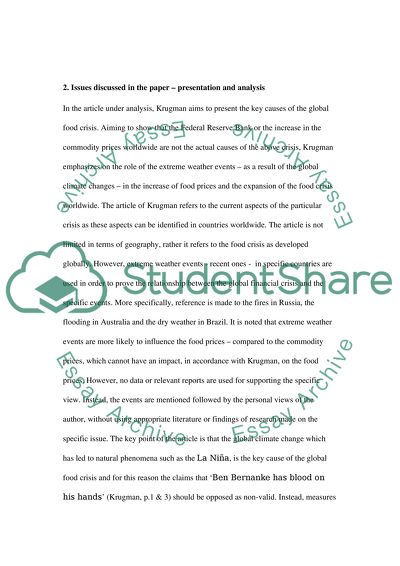Cite this document
(“The poverty in the world Essay Example | Topics and Well Written Essays - 1500 words”, n.d.)
Retrieved from https://studentshare.org/environmental-studies/1423410-the-poverty-in-the-world
Retrieved from https://studentshare.org/environmental-studies/1423410-the-poverty-in-the-world
(The Poverty in the World Essay Example | Topics and Well Written Essays - 1500 Words)
https://studentshare.org/environmental-studies/1423410-the-poverty-in-the-world.
https://studentshare.org/environmental-studies/1423410-the-poverty-in-the-world.
“The Poverty in the World Essay Example | Topics and Well Written Essays - 1500 Words”, n.d. https://studentshare.org/environmental-studies/1423410-the-poverty-in-the-world.


